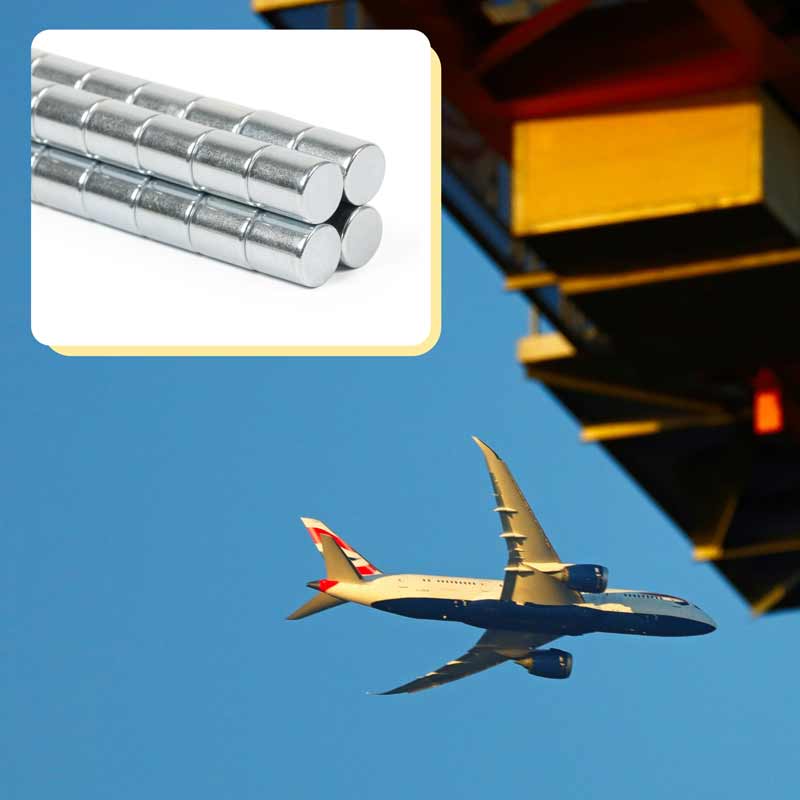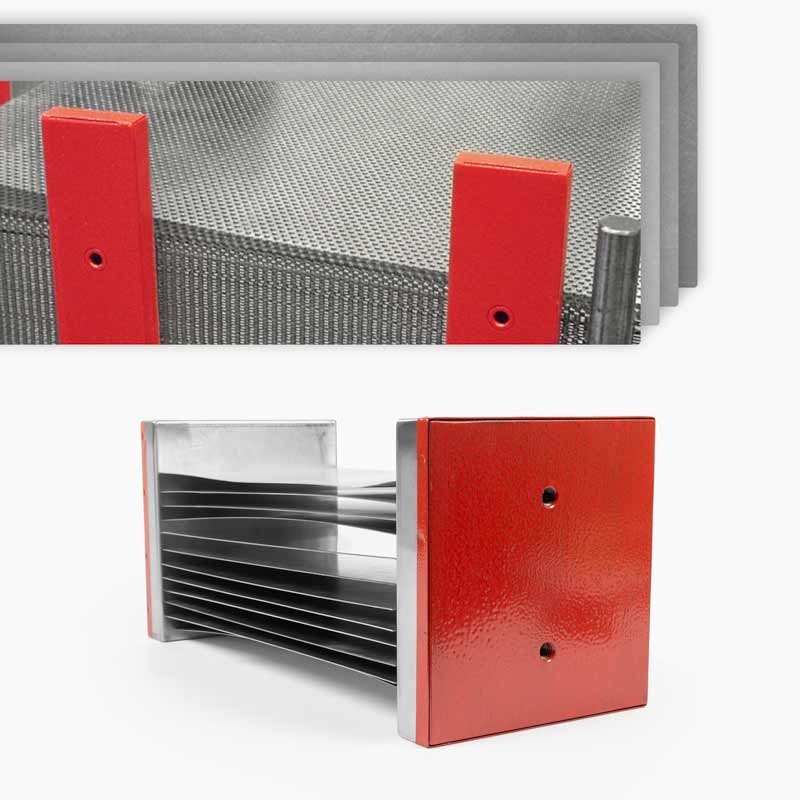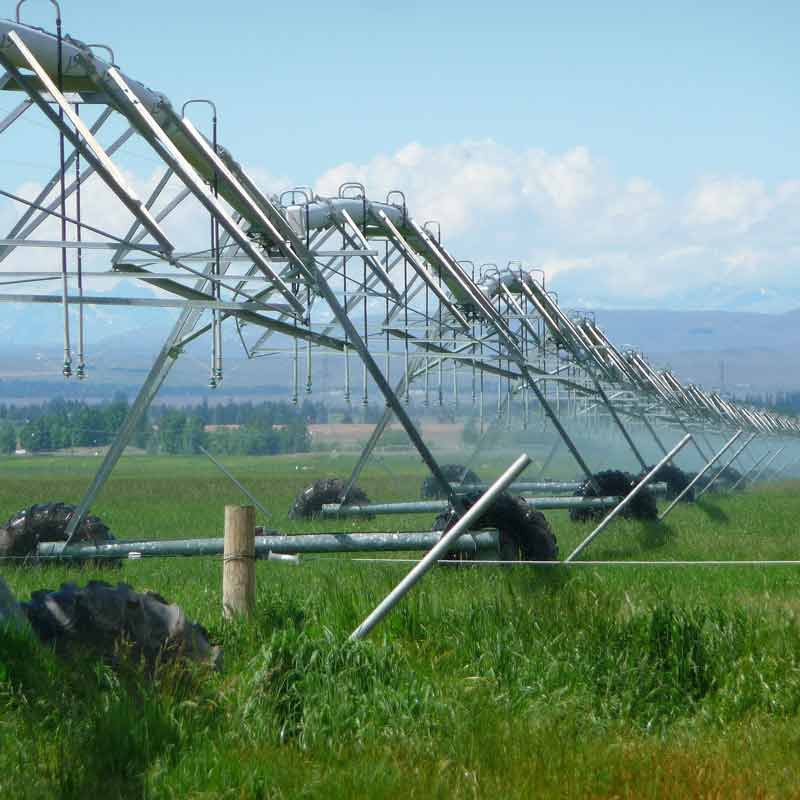Recent Post

Magnets in Restaurant Kitchens

Global supply challenges and HYAB’s role

Electromagnets – a more controllable magnet

Magnetic filtration in the process industry

Sheet metal handling – Easier with magnets
Operation of electric irrigation and water management equipment
Published: 2023-05-16 13:15:18 • Daniel Gårdefelt
In modern agriculture and urban planning, it is very important that irrigation and water management systems work well. The use of magnets is an important part of this efficiency equation.
Irrigation and water management tools, ranging from pumps and sprinklers for watering crops to sewage and wastewater treatment equipment, use electric motors with magnets. These electric motors can be built with different magnet materials, but the most common and highest performing ones are electric motors with neodymium.
Magnet-based motors are used, for example, to drive electric irrigation pumps. The water is pumped from the source to the fields with the help of these motors. Well-functioning magnets ensure these pumps work well, delivering water at high pressure while using less energy.
Magnet based motors can also be used to make sprinkler systems work better. With these systems, the water can be spread evenly over large fields for the best irrigation. The efficient operation of these systems, powered by magnets, saves a lot of water, which is an important part of sustainable agriculture.
In cities, electric motors with powerful magnets are used in water management systems such as sewage and sewage treatment equipment. These motors ensure that the system works well and quickly processes large amounts of water.
But there are some problems that arise when high-performance magnets are used. When procuring the rare earth elements that make up these magnets, there are often environmental and political issues to consider. Also, getting rid of and recycling these magnets at the end of their life is not as easy as it sounds.
Even with these problems, magnets in electric irrigation and water management equipment still have a bright future.
In conclusion: magnets have a big impact in the irrigation and water management industry. They improve the performance of critical equipment, make it more efficient and help the environment.


